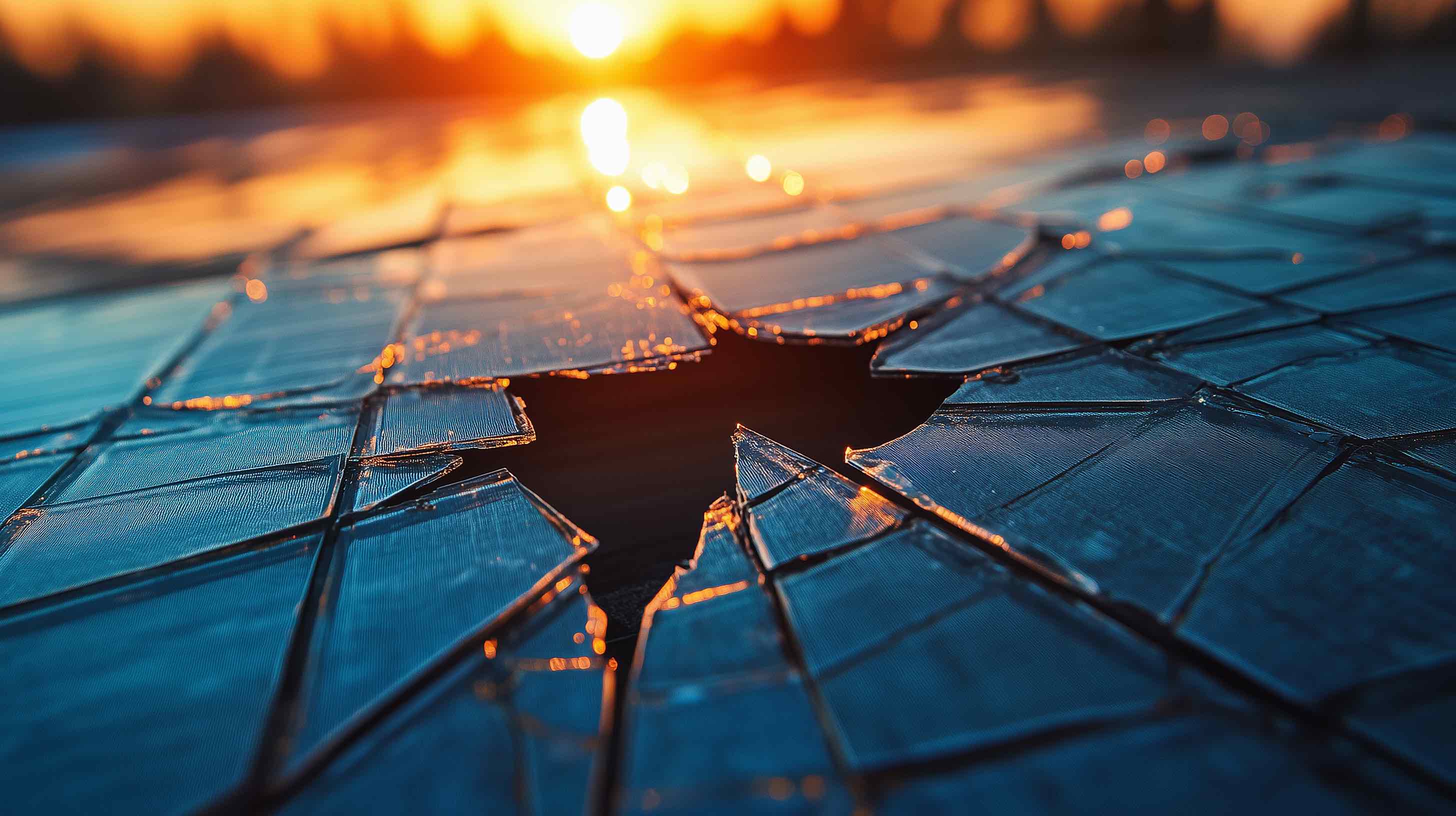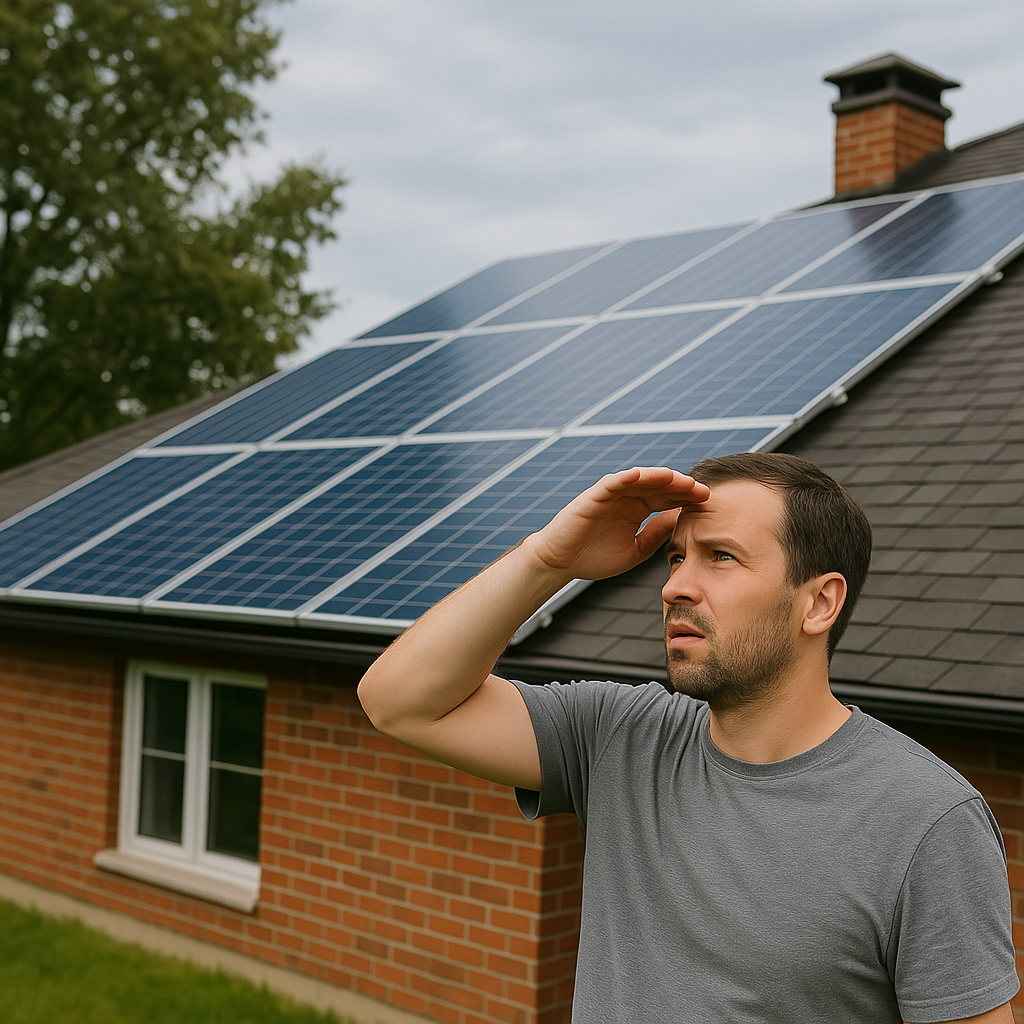Introduction
Solar panels are designed to be durable and long-lasting, with most quality systems operating efficiently for 25-30 years. However, like any technology exposed to the elements, problems can and do arise. The good news is that many common solar panel issues can be identified early and sometimes even fixed by homeowners themselves.
In this comprehensive guide, we'll cover the most frequent problems homeowners face with their solar panel systems, provide DIY maintenance tips and fixes for minor issues, and help you understand when it's time to call in the professionals. Whether you've had your solar system for years or are considering an installation, this knowledge will help you maximize your investment and keep your panels generating clean energy efficiently.
Common Solar Panel Problems
1. Dirt and Debris Accumulation
One of the most common issues affecting solar panel performance is the accumulation of dirt, dust, pollen, bird droppings, and leaves on the panel surface. This buildup can block sunlight from reaching the photovoltaic cells, reducing energy production by 10-25% depending on the severity.
2. Microcracks in Solar Cells
Microcracks are tiny fractures in the solar cells that may be invisible to the naked eye but can significantly impact performance. These cracks often develop due to thermal cycling (expansion and contraction from temperature changes), physical stress during installation, or impact from hail or falling debris.
3. Hot Spots
Hot spots occur when a portion of the panel becomes significantly warmer than the rest. This can happen when a cell or section is shaded or damaged, causing it to act as a resistor rather than a generator. Hot spots not only reduce efficiency but can lead to accelerated degradation of the affected area.
4. Inverter Issues
The inverter is the heart of your solar power system, converting DC electricity generated by your panels into usable AC power for your home. Unfortunately, inverters typically have a shorter lifespan (10-15 years) than the panels themselves and are often the first component to fail in a solar system.
5. Loose or Corroded Wiring
Electrical connections can loosen over time due to thermal cycling and weather exposure. Corrosion can also develop at connection points, particularly in humid or coastal environments. Both issues can lead to increased resistance, power loss, and potential safety hazards.
DIY Maintenance and Fixes
Solar Panel Cleaning
Regular cleaning is one of the most effective DIY maintenance tasks a homeowner can perform. Here's a safe approach to cleaning your solar panels:
- Choose the right time: Clean early morning or evening when panels are cool to touch, not during midday when they're hot.
- Safety first: If your panels are on the roof, consider using an extension pole from the ground. If you must get on the roof, use proper safety equipment.
- Use gentle materials: Soft brushes, microfiber cloths, and squeegees with soft rubber blades are ideal.
- Water quality matters: Use demineralized or distilled water if possible to prevent mineral deposits.
When to Call a Professional
While some maintenance can be handled by homeowners, certain situations require professional attention. Contact a certified solar technician if you notice:
- Significant drop in power production that can't be explained by weather or seasonal changes
- Physical damage to panels, including cracks in the glass or visible cell damage
- Inverter warning lights or error codes indicating system malfunctions
- Moisture or corrosion inside the panels (visible fogging under the glass)
Preventative Maintenance Tips
An ounce of prevention is worth a pound of cure, especially with solar panel systems. Here are some preventative measures to keep your system running optimally:
- Schedule regular cleaning: Depending on your local environment, clean panels 2-4 times per year.
- Trim nearby trees: Maintain clearance between trees and panels to prevent shading and debris.
- Conduct seasonal inspections: Check your system after extreme weather events or at the change of seasons.
- Review monitoring data: Make it a habit to check your system's performance metrics monthly.
Conclusion
Solar panel systems are generally reliable and require minimal maintenance, but staying proactive can help you identify and address issues before they become serious problems. Regular cleaning, visual inspections, and performance monitoring are tasks most homeowners can handle themselves, while more complex issues should be left to certified professionals.
Need help with your solar panel system? Use our simple form to connect with qualified solar repair professionals in your area.


